Description

4500+ Successful deliveries
Our Buyer Protection covers your purchase from click to delivery

2,500+ Customers love us!
We offer the best service & great prices on high quality products

Shipping NZ Wide

100% Safe payment
Buy with confidence using the world’s most popular and secure payment methods
Grosafe GroVentive Garden Insecticide is approved in New Zealand for use on roses, pot plants, hedging, flower species and ornamentals.
How does Grosafe GroVentive Garden Insecticide work?
GroVentive Garden is a trusted two-way systemic insecticide designed to control a wide range of pests. It contains a powerful active ingredient that is absorbed by the plant and transported throughout its tissues, providing systemic protection from the inside out. This unique two-way action ensures that both sucking and chewing insects are effectively targeted, offering comprehensive pest control.
Once it has been applied, the insecticide is absorbed by the plant’s roots and transported to all parts of the plant, including the leaves, stems, and flowers. This systemic movement allows the insecticide to reach the pests feeding on different plant structures. When the insects consume or come into contact with the treated plant, they ingest the insecticide, then it is good-bye pest.
Benefits of using Grosafe GroVentive Garden
- Protects plants from a wide range of pests.
- Long-lasting.
- Minimal impact on beneficial insects like bees and ladybirds.
- Easy to use.
- Can be used on a wide range of plants (including outdoors).
Directions for Use
For the control of pests on indoor plants:
Dilute 10ml per 1 litre of water and spray the entire plant from top to bottom. You can add Grosafe EnSpray 99 which will help with coverage and improve effectiveness. Always add EnSpray 99 to the water AFTER the GroVentive Garden.
The bottle has a measuring cap on the lid.
Apply GroVentive Garden when pests are present or at the first sign of insect damage.
One application should do the trick, however, a second application may be required after 7-14 days if pest activity persists.
ACTIVE INGREDIENT: Contains 15g/litre spirotetramat in the form of a suspension concentrate.
Which pest is it?
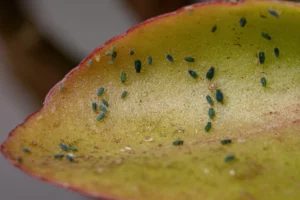
Aphids
Aphids are tiny, pear-shaped insects that can be found on the stems, leaves, and flowers of indoor plants. They feed on the plant sap, causing leaves to curl, yellow, or distort. To control aphids, you can try using insecticidal soap or neem oil, gently washing them off with water. Their natural predators are like ladybugs.
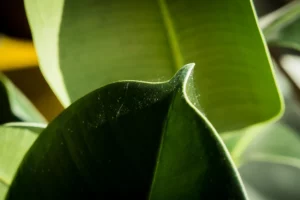
Spidermite webbing
Spider mites are minuscule pests that are difficult to spot with the naked eye. They usually appear as tiny dots on the undersides of leaves, leaving behind webbing. Spider mites feed on plant sap, leading to yellowing, speckling, and eventual leaf drop.
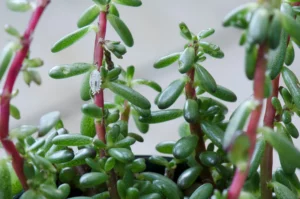
Mealybug
Mealybugs are soft-bodied insects covered in a cotton-like, waxy substance. They gather in clusters on stems, leaves, and leaf axils, sucking sap from the plants. Infested plants may show stunted growth, yellowing, or wilting.
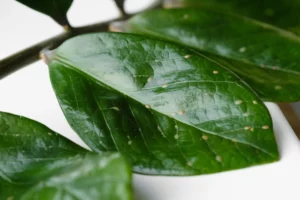
Scale
Scale insects appear as small, round or oval bumps on the stems and leaves of indoor plants. They feed on plant sap and secrete a sticky substance called honeydew, which can attract ants and promote the growth of sooty mould.
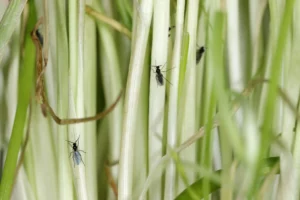
Fungus Gnats
Fungus gnats are small, mosquito-like flies that lay their eggs in the soil of potted plants. The larvae feed on organic matter in the soil and can damage plant roots. To manage fungus gnats, allow the soil to dry between watering, avoid overwatering, and use sticky traps to catch the adult flies.
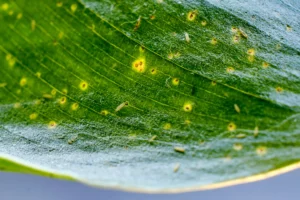
Thrips
Thrips are tiny, slender insects that can damage indoor plants by feeding on leaves, flowers, and buds. They leave behind silver or bronze streaks, black specks (excrement), and distorted plant growth.
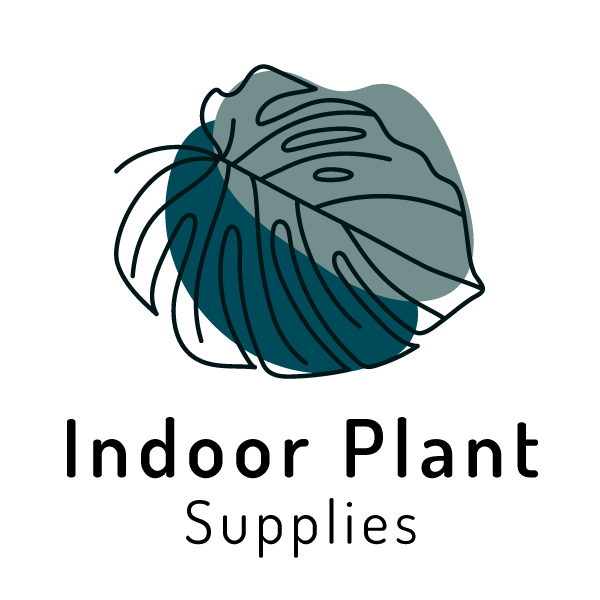
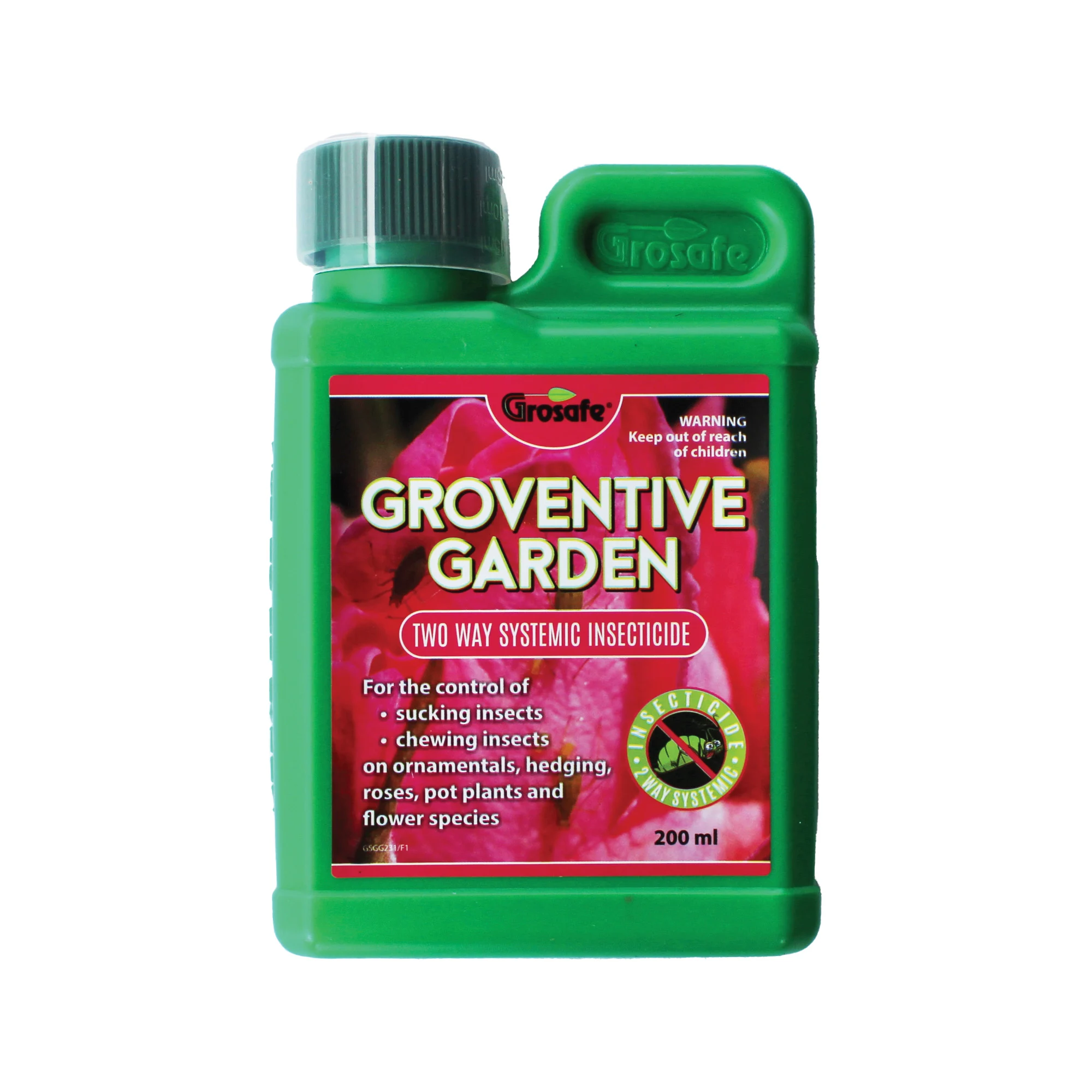
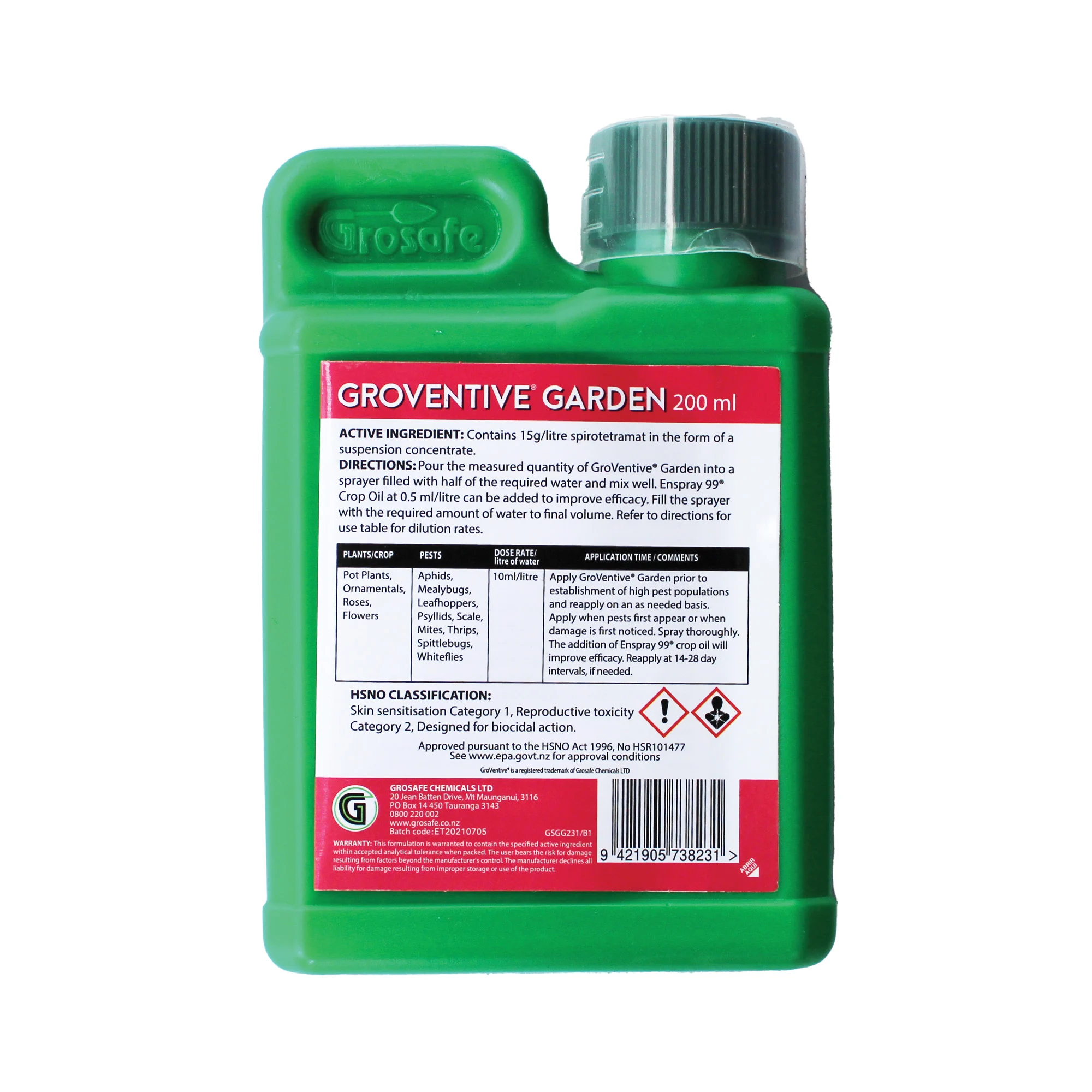
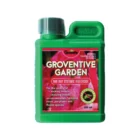
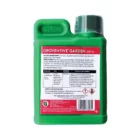

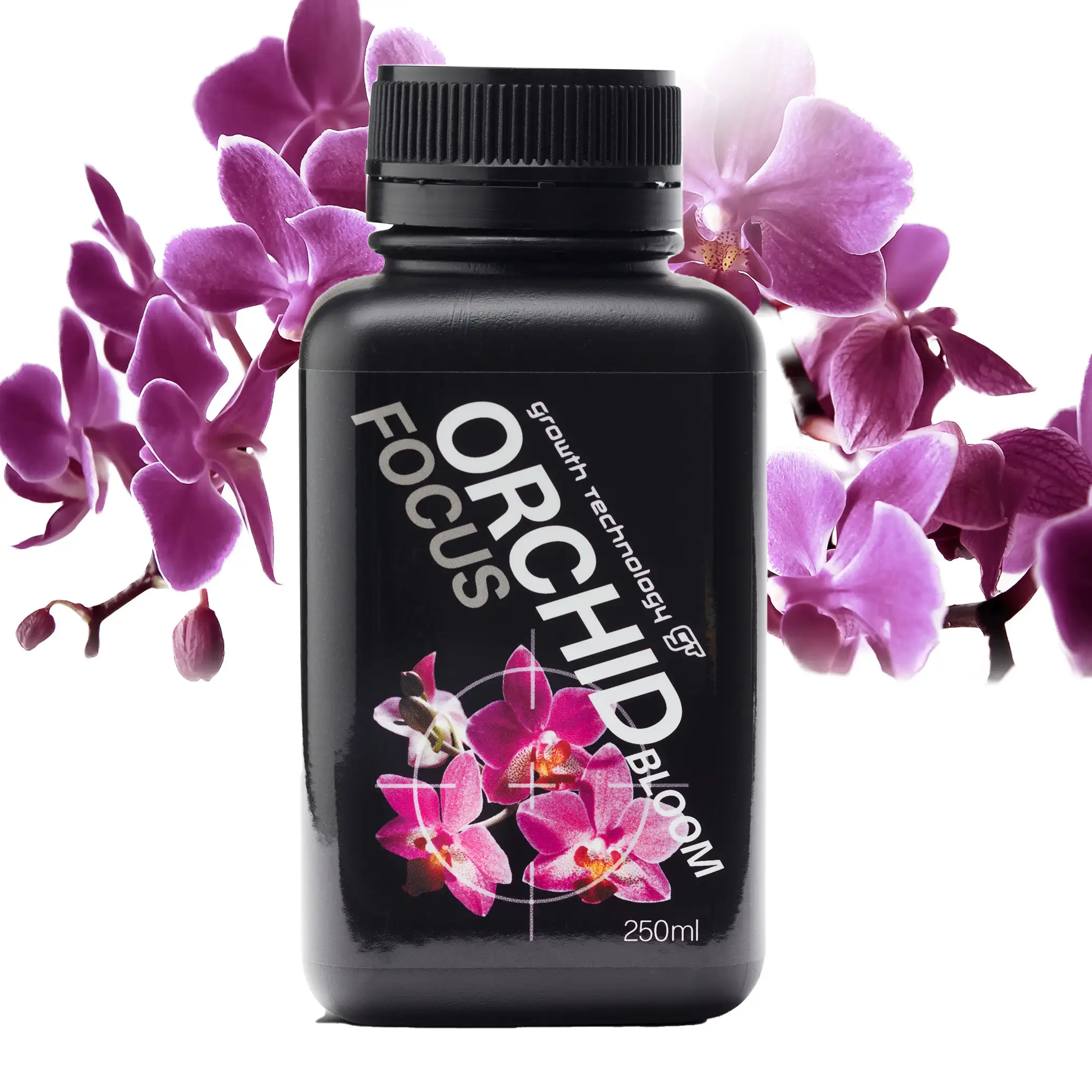

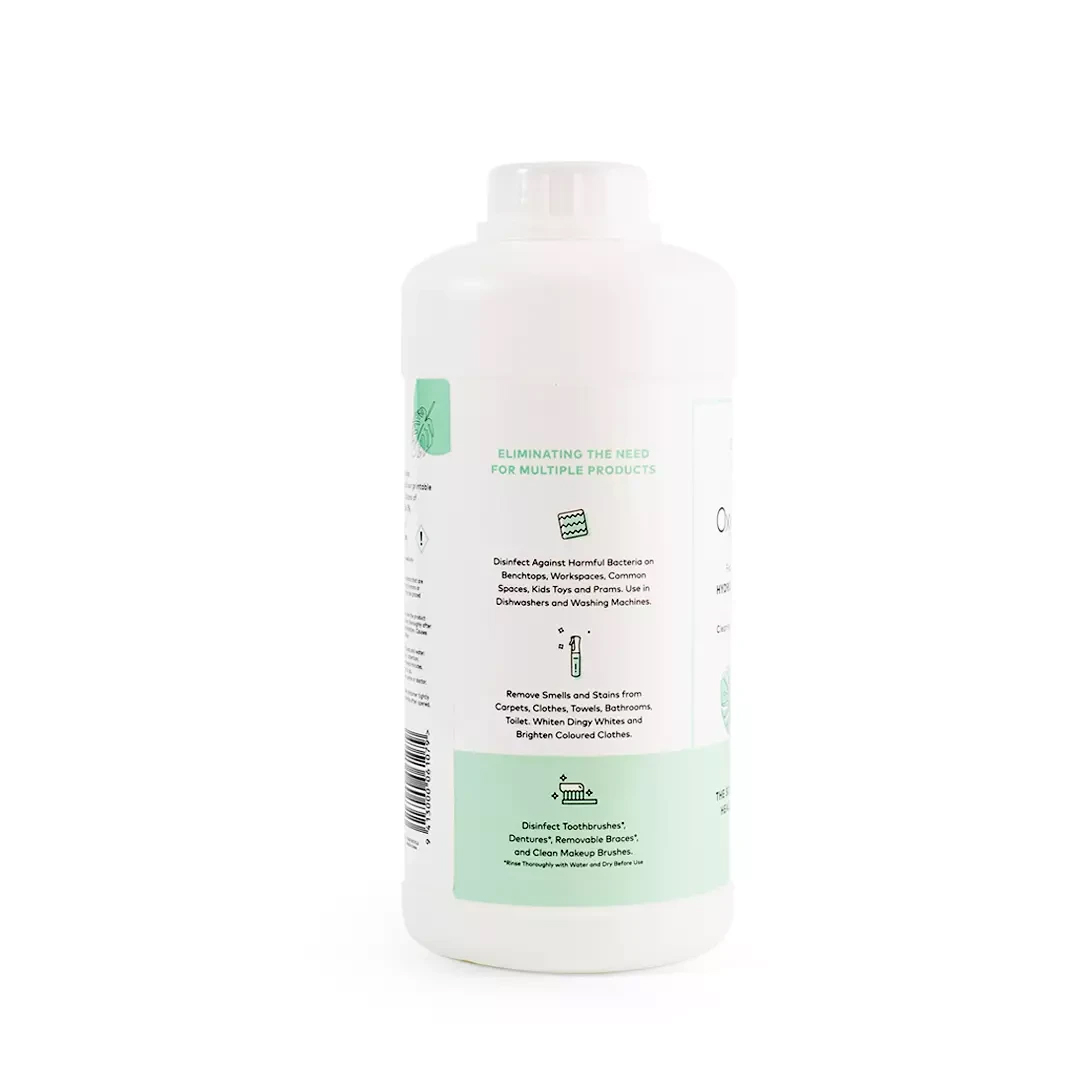

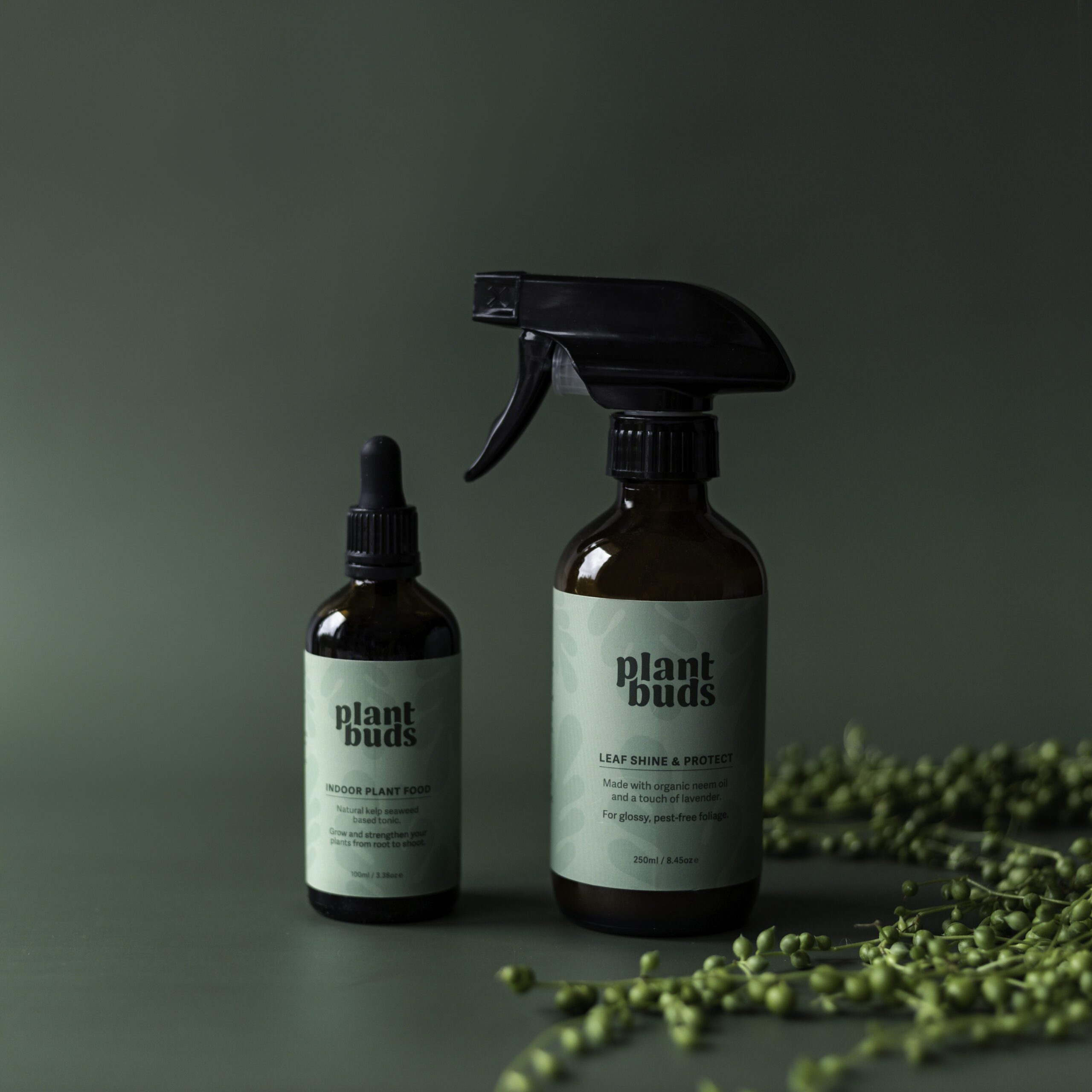

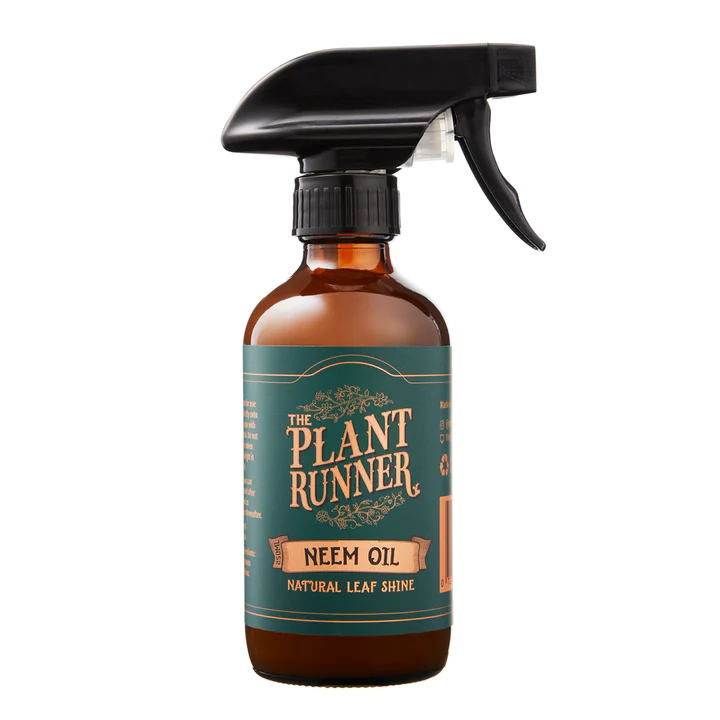

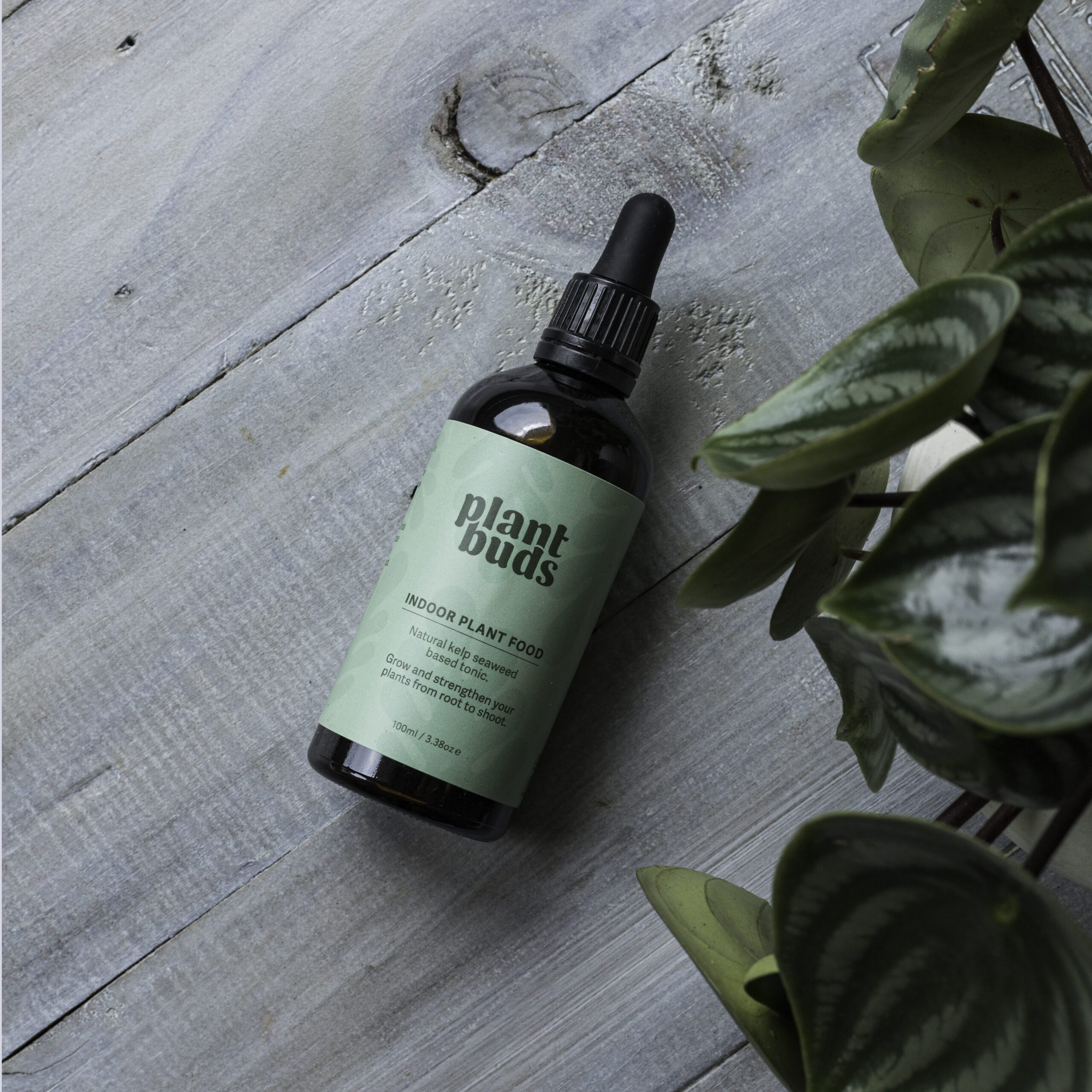

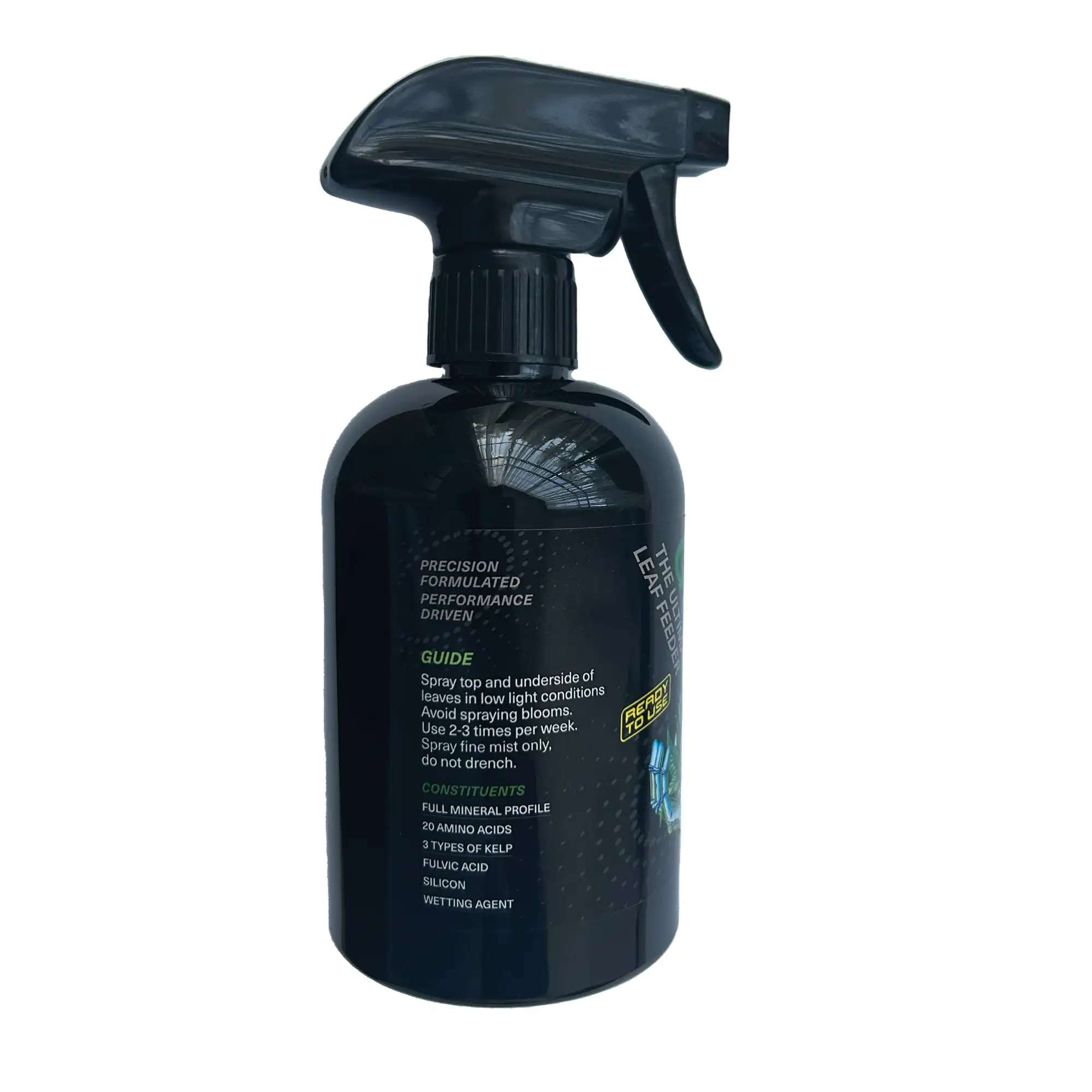

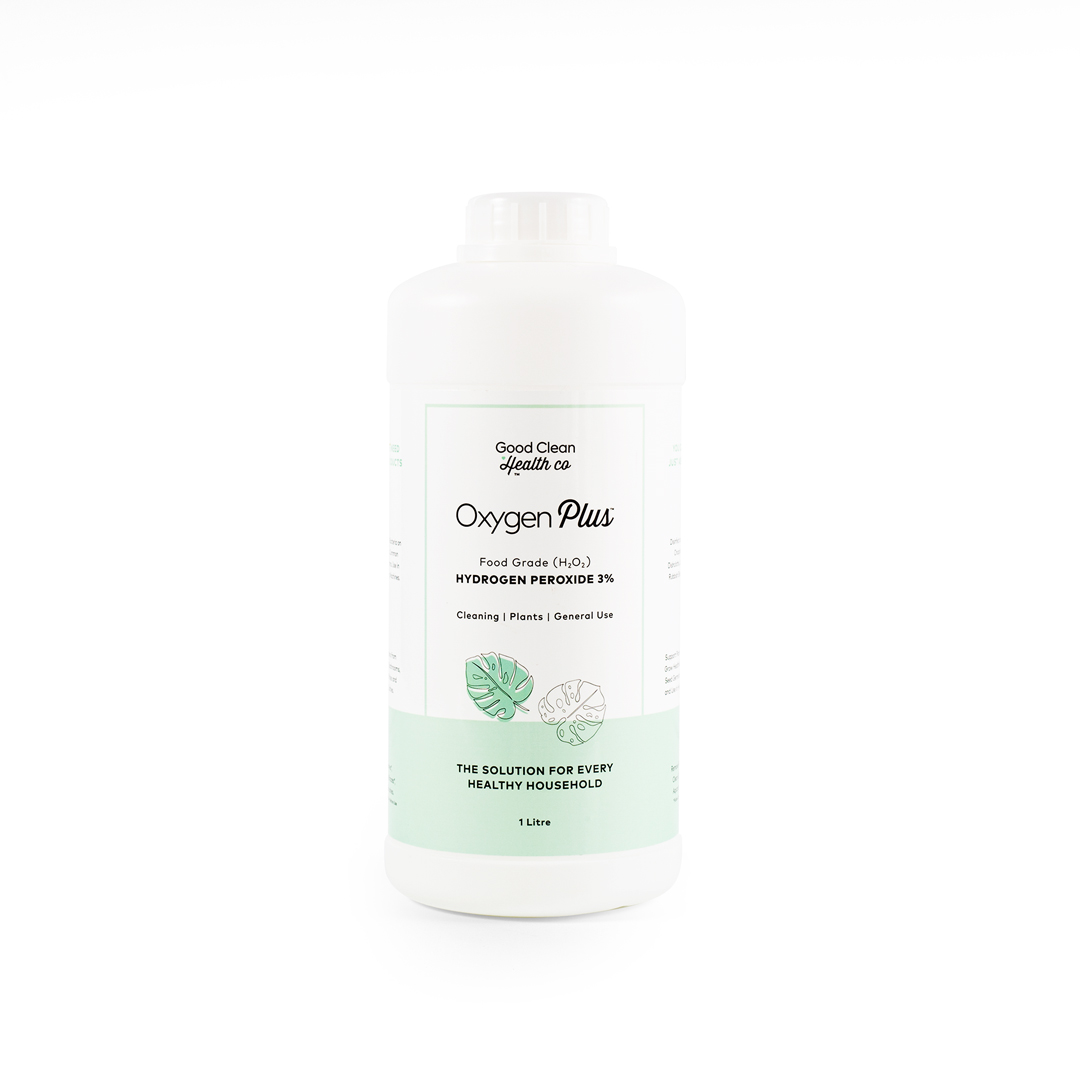

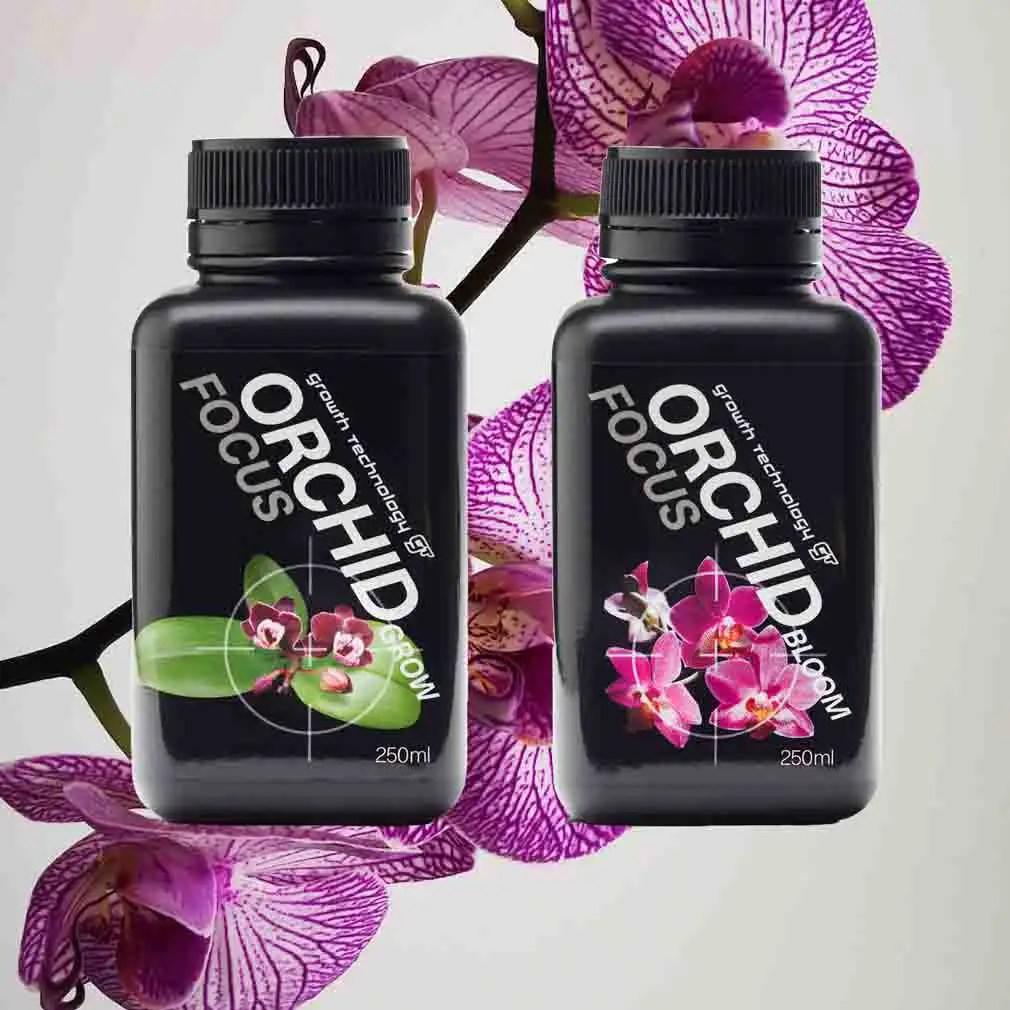

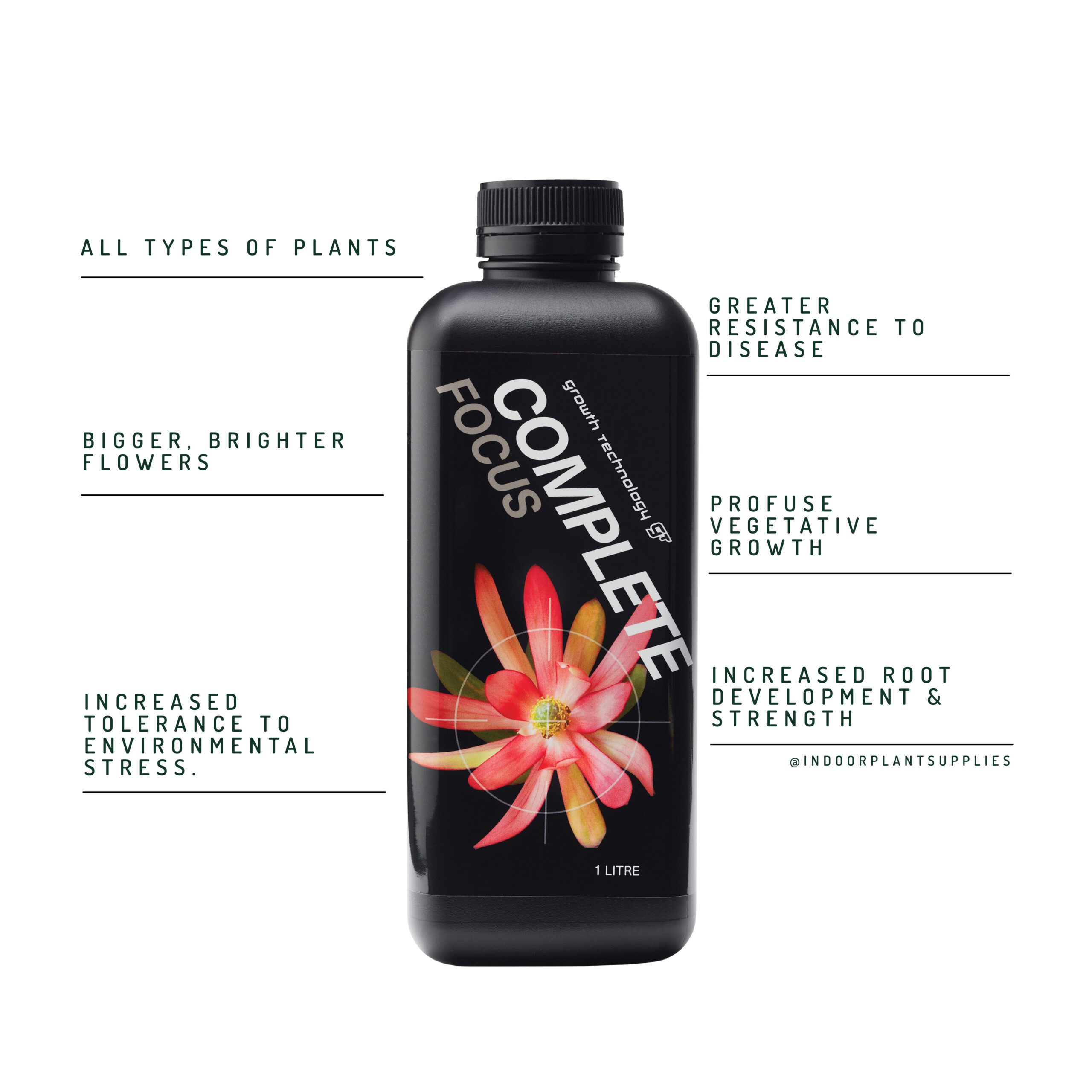

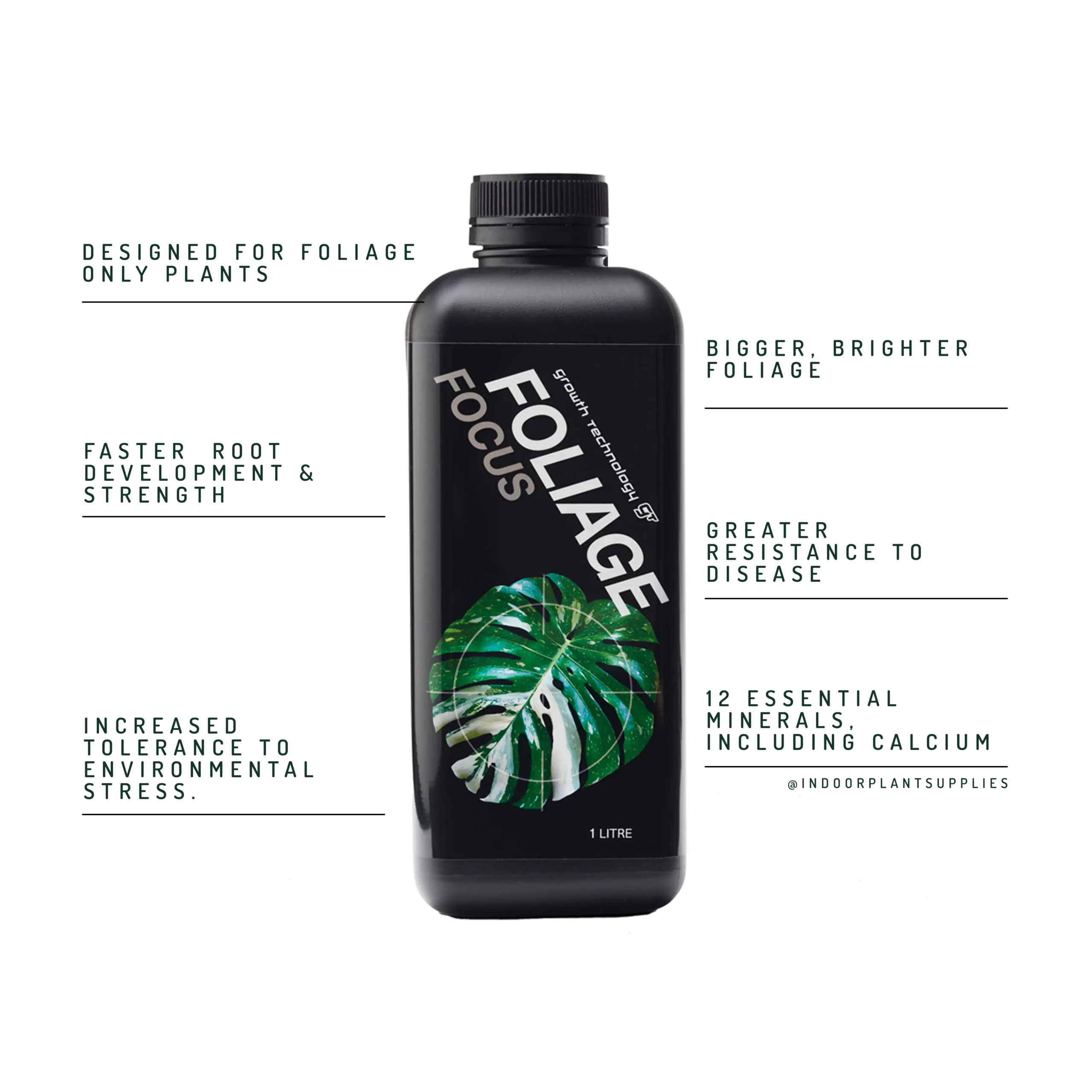



There are no reviews yet.